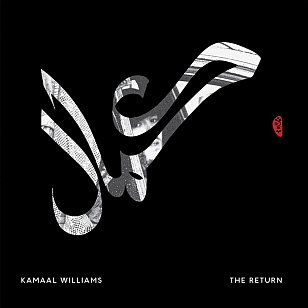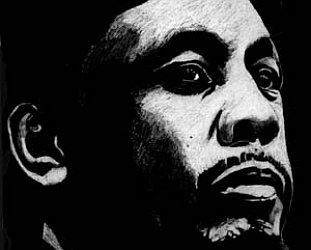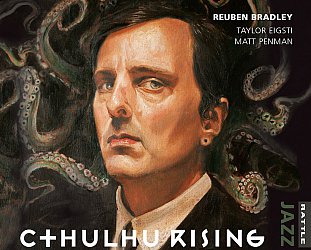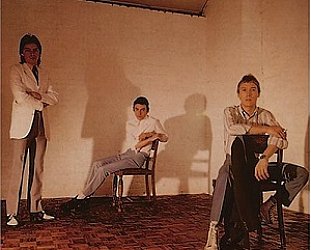Graham Reid | | 1 min read
LDN Shuffle

The title on this debut solo album by London keyboard player/composer Kamaal Williams probably refers to the sudden disbanding of the duo Yussef Kamaal (with drummer Yussef Dayes) and his wish to quickly pick up the remit of soulful and funky jazz with one ear on the fusion era and astral-inclined instrumentals and the other on the energy of hip-hop (as brought into play here by the exceptional drummer Joshua McKenzie aka MckNasty).
Although a couple of pieces here are far too short to get any real traction (the one minute synth-strings landscape of the title track, the live Situations barely three and the scene setting takes up most of that) this trio – with bassist Pete Martin -- stake out the ground on the two impressive openers.
The eight and half minute Salaam eases in with some space-ambient scene-setting for a minute or so then the rhythm section enters to tease out the pulse before things get gently propulsive as the soul-funk takes hold – these guys are still in no hurry by the midpoint – then McKenzie really steps in with rapid fire rhythms and it's all on.
Broken Theme which follows starts as it means to go on with the rhythm section coming in from different angles while Williams holds down the centre in slippery chords. It is more left field jazz-funk which resolves into some glorious dreamscape playing by Williams from time to time, but kept tight by the rhythm players. You may wish it to extend itself further but it is all tension with very little release, and the better for it.
Catch the Loop replicates and expands on the idea of urban soul-funk with Martin's busy bass keeping things on edge while Williams gets his Fender Rhodes into bubbling wah-wah mode and wide washes of fist-tight melodies, then it all dissipates neatly into something less urgent.
The jury will argue over whether this is a jazz album as many understand the term and in some ways it isn't, it is the product of its urban environment in that it is post-grime, influenced by the break-beats ethos and loose limbed Herbie-funk, offers slight grooves as on the brief Rhythm Commission – which doesn't go far but would have dancers on the floor for two and half minutes – and fills things out with dreamy keyboard passages (The Return, Aisha).
One of the pivotal tracks comes right at the end with LDN Shuffle which is an implosion of most of those elements and has guitarist Mansur Brown drop by for some serious shredding. The adrenalin shot it contains might be a useful pointer to a more thrilling and heart-stopping direction.
But take The Return for what it is: an interesting solo debut for Williams with a group which is the sum of its contemporary influences and has cherry-picked from some older jazz sources.
The Return is available on CD and limited edition vinyl through Border Music in New Zealand.





post a comment